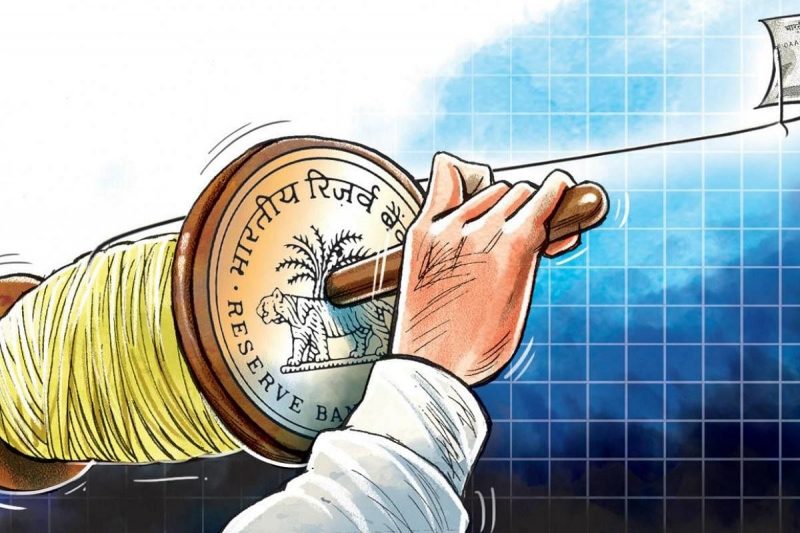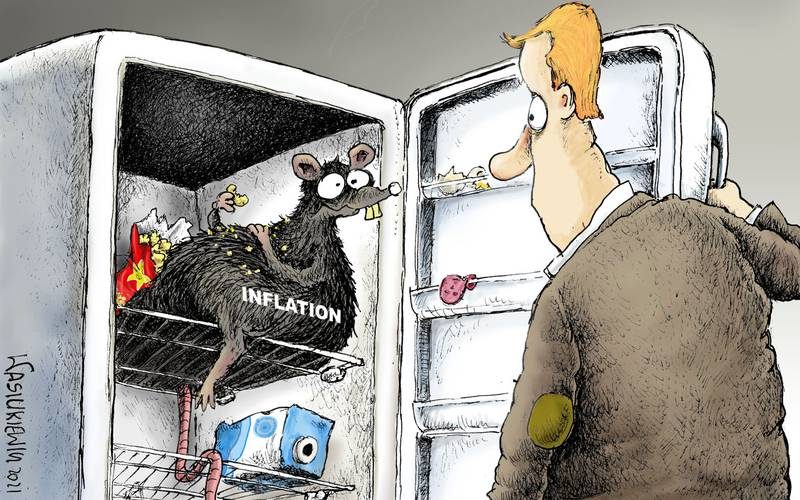
Inflation Data To Be Announced Today: Here Is The Everything You Should Know
Retail inflation for the month of July is expected to get soothe to a three-month low, bringing it back within the Reserve Bank of India target range of 2-6 per cent. Consumer Price Index (CPI) measured the retail inflation shot up to 6.30 per cent in the month of May. Now, it slightly cooled to 6.26 per cent in June.

However, retail inflation in July notices to fall in food prices and supply chain disruptions, as per the poll conducted by news agency Reuters. The poll includes 48 economists which show CPI eased to 5.78 per cent. If it happens then it would be the lowest inflation recorded from May.
Also Read: India Needs At Least $100 bn FDI Every Year To Reach $5 Trillion Economy Says India-centric US Group
What Could Be The Factors Behind Possible Inflation DIP?
The key reason behind the fall in inflation is a dip in lower food prices. The economist who interacted with the news agency noted that there has been a material drop in palm oil and edible oil prices after tariff reductions. Additionally, the global oil volatility has also eased in inflation dip.

Apart from these, supply chain situation refining has contributed crucially to lowering the prices of some commodities. The trajectory will remain high due to the underlying core pressures even though the inflation is likely to ease to a three-month low.
Also Read: Inflation And Economic Recovery – Hurting Indian Companies Now, Can Also Hurt Consumers Soon
Volatile Inflation Outlook
The inflation outlook in 2021 also remains volatile as the central bank had raised its inflation forecast for the fiscal year 2021/22 to 5.7 per cent at its monetary policy meeting last week. Even though improving supply chains, several companies are facing higher input costs in different segments. It leads to wholesale inflation is in double digits for the last few months.

Retail inflation will go up sharply if companies pass on higher costs to consumers. In case, if inflation continues to rise in future, it might create a damp down effect on the economy. The Reserve Bank of India has managed to keep interest rates low and a well-maintained accommodative stance for a sustained period to help economic recovery.
The growth and inflation outlook will too depend on the evolving pandemic situation in the country and the pace of vaccinations.



